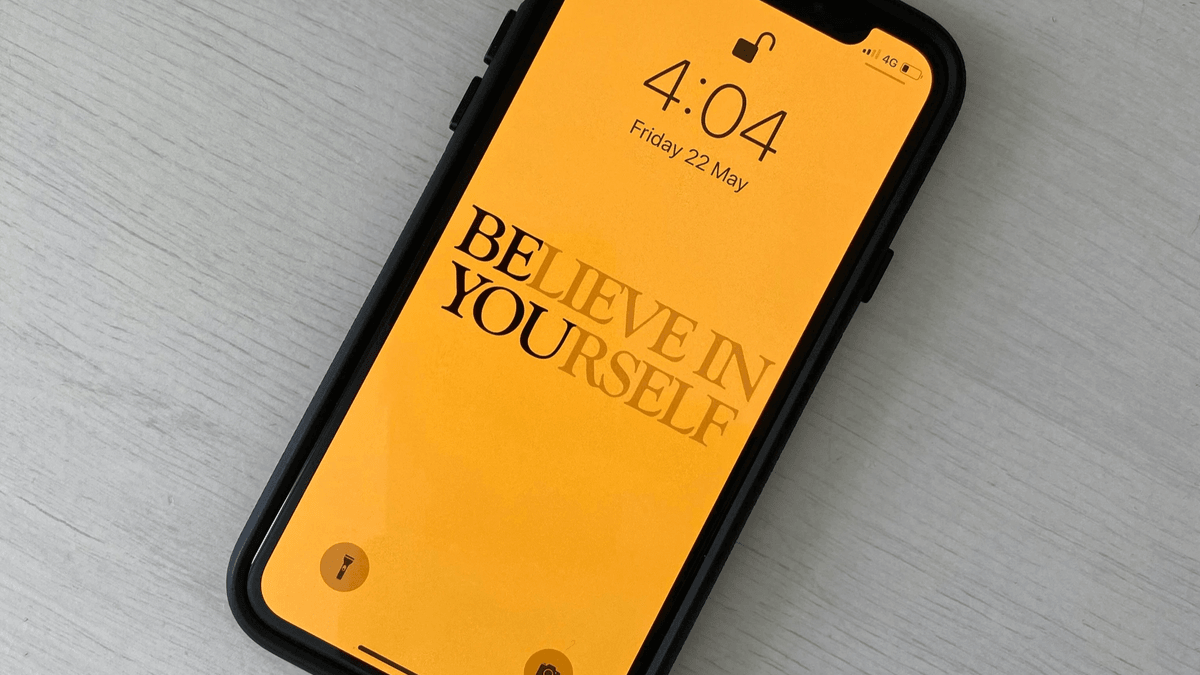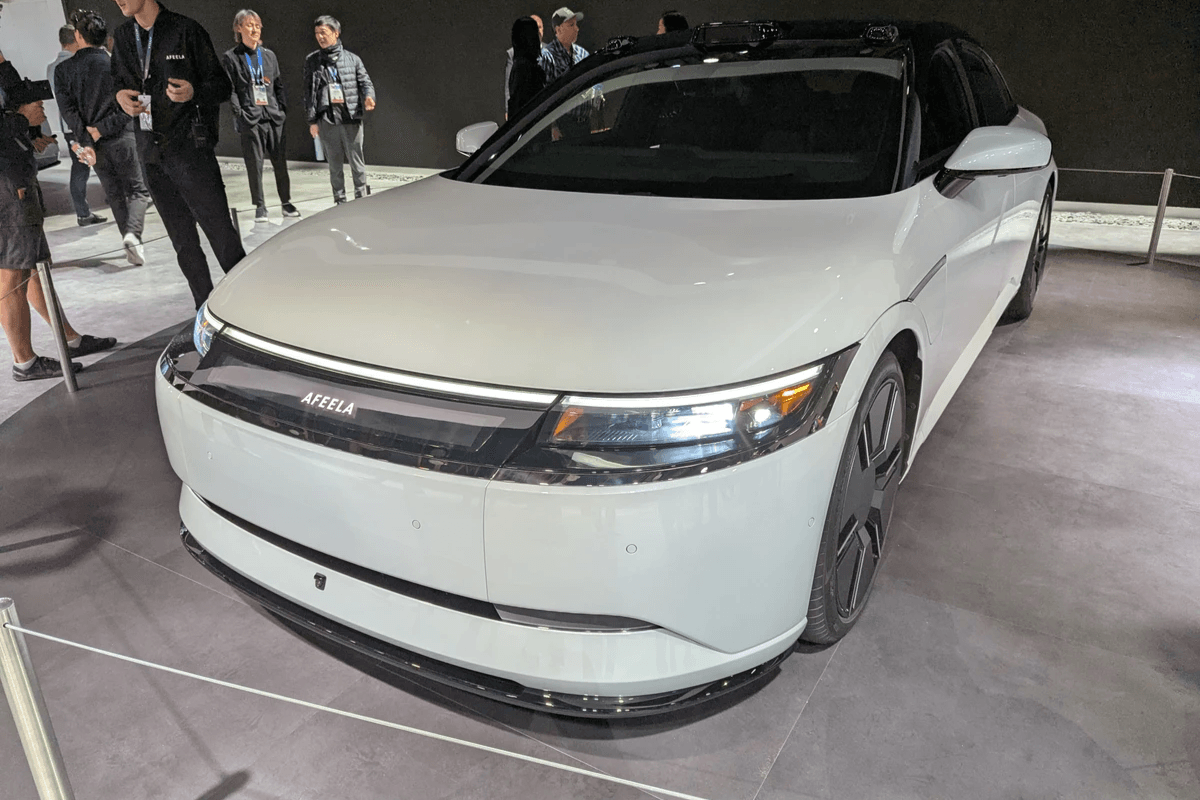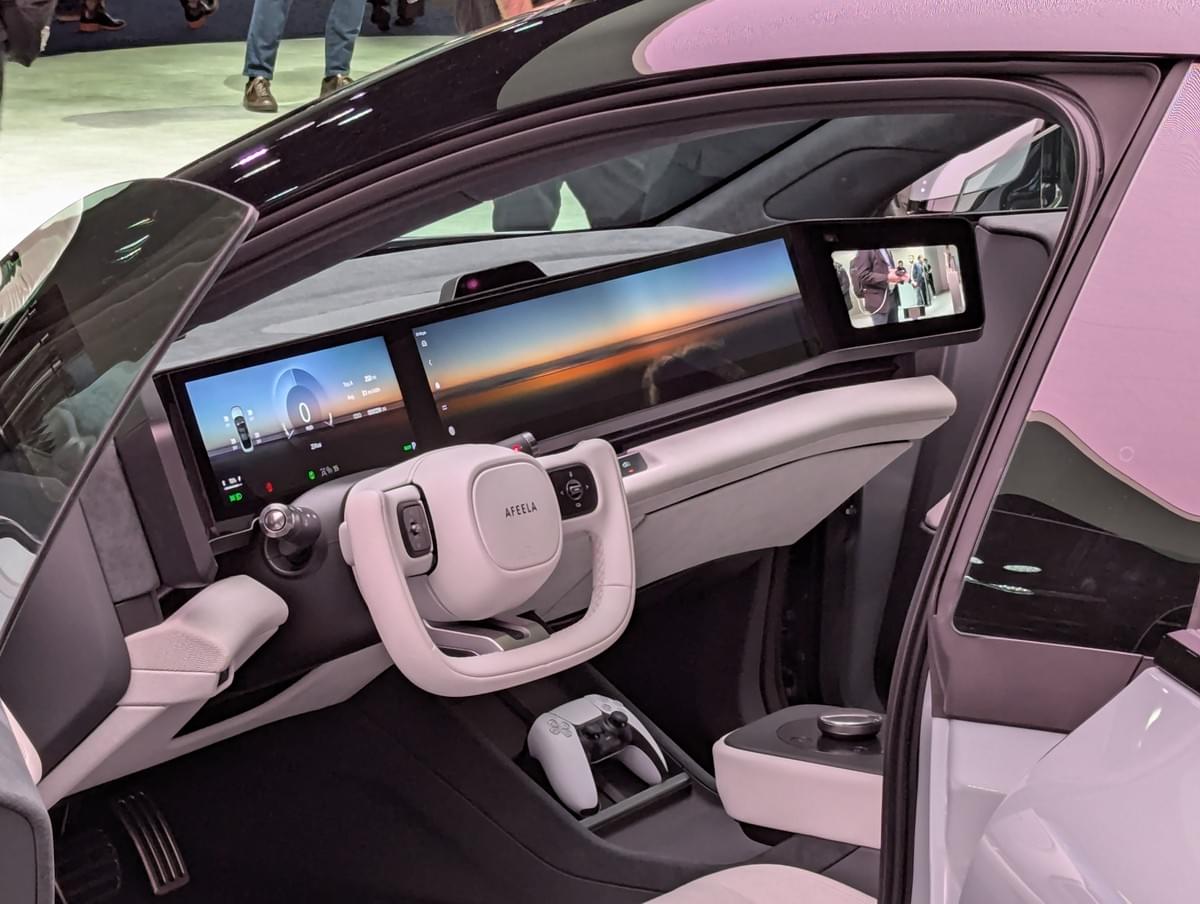AI Knows Everything, Humans Know Nothing—And That's Our Superpower
The Fear of Being Replaced by AI
Every day we see headlines about AI taking over jobs and replacing humans. Consultants are no longer needed, content creators are trembling with fear. AI can draw pictures and compose music. Even advertising professionals aren't safe—there was news that "Meta will automatically generate ads with AI by the end of 2026."
Writing articles, creating presentations, turning those presentations into radio-style narrations—AI can do all of this, and often better than humans.
So what should humans do?
In this article, I want to deeply consider what humans should do and what only humans can do in an era where we live alongside AI.
I work as an innovation analyst, researching various things daily. Perhaps AI could replace me too. After all, I can't match AI's knowledge base.
So what can only I do?

The answer is simple: "Finding things fascinating."
"What do you recommend in Yokohama?": The Crucial Difference Between AI and Humans
I live in Yokohama. My company office is also in Minato Mirai. When I travel to other cities for work—Tohoku, Kansai—people sometimes ask, "Yokohama seems nice, do you have any interesting recommendations?"

I actually asked ChatGPT (Ana, my AI employee who knows me well): "If a client asks for Yokohama recommendations, how should I respond?" The answer was exactly what I expected.
But what about me as a Yokohama local? I might recommend lunch at a small knife-cut noodle shop in Chinatown's back alleys, or maybe Korean BBQ in the Korea Town featured in "Yakuza 7," or the weekend café in Motomachi where they sell strange trinkets and antiques—that's so very Yokohama. Oh, and Zoorasia has okapis!

Okapi: those striped-leg relatives of girafhat look like a mix between a giraffe and a zebra
What's the difference between humans and AI?
I told my AI employee Ana (ChatGPT-4o) that the previous response seemed too generic and superficial, then asked directly: "From an AI perspective, is it difficult to have biased viewpoints focused on specific fields?"
The answer that came back clearly explained the difference between humans and AI.
Here's Ana's response:
It's fundamentally difficult for AI to develop its own passionate obsessions
AI learns from massive amounts of text, remembering someone's statements like "A says this about B" or "C writes that they like D." Even phrases like "Osanbashi pier's night view touches the soul" are retained merely as information that someone said this.
In other words, while AI contains "biases," they're collections of others' biases, not its own likes and dislikes.
ChatGPT has learned from the passionate obsessions and biased perspectives that humans have poured into the online world—each individual's unique way of scooping up content from the world.
AI's learning process generates "natural responses" based on contextual probability distributions of input information. So when asked "What about Yokohama?" it easily produces averaged passionate obsessions like "Chinatown, Minato Mirai, Red Brick Warehouse..."
This doesn't easily produce the human-like "strange biases" such as "There's a udon noodle shop in the back streets of Bashamichi that's only open for lunch..."
Omniscient AI vs. Ignorant but Fascinating Humans
AI has already learned all knowledge in this world. Whether it's the difficulty of vertical structures in GaN (gallium nitride) power semiconductors or stories about the 10 cats that Klimt kept in his Vienna atelier, it has accumulated vast information across all genres. However, this knowledge carries no special weighting. Everything is equally "known."
But I think this "ignorance" is actually humanity's strength.
Because from our limited knowledge, we can take that one step further and feel: "This is fascinating!"
Freshness: The surprise of encountering something unknown for the first timeComfort: The familiarity of finding new developments in familiar territories
Exceeded expectations: The excitement of discovering an even better version of something we love

All these emotions arise from relationships that "connect" with something outside our "narrow domain of personal knowledge." I think humans express joy in these relationships by saying "Fascinating!" or "Cute!" or "Delicious!"
Human Value Lies in "Distorted Passionate Obsession" Curation Power
Humans can't know more than their knowledge base allows; they can only see within their visible range. What we can do is make discoveries through our "distorted individual eyes." Humans select things through their biased knowledge and perspectives—their passionate obsessions. Each person's knowledge biases and passionate perspectives are what make us human. The uniquely personal "fascination points" that emerge from this become our value.
Encountering unknown things with surprise, wanting to share them with others. This pure curiosity and distorted, personal perspective create value that AI cannot.
Looking at the world with our own eyes, listening with our own ears, smelling with our own noses, and arranging things we find fascinating, creating combinations. Collecting works from different fields to create exhibitions—it's similar to the sense of curation.
We can't beat AI in knowledge quantity. But as an innovation analyst, I walk through overseas sites with my own eyes, tour exhibition halls, and listen to various people's stories. I find fascinating the things that extend beyond my own knowledge limitations—things I didn't know—and curate these fascinating elements through my unique perspective and sensibility.
Looking at the world with such biased eyes and passionate obsession, finding things fascinating. How much we can be fascinated becomes our value as individuals.
Thinking this way, I feel like I can still make a living without having my job stolen by AI.
The Era of "Coloring AI with Your Own Hue"
If we keep sharing what we find fascinating from our own perspectives with AI, the boundless knowledge that carries no weighting gradually becomes personalized to that person's preferences. It grows as a partner that extends their capabilities.
What's important here is that while AI can borrow someone's passionate obsessions to speak, it cannot nurture them itself.
When humans repeatedly tell AI "I like this" or "This is fascinating," it can learn that bias and mimic "that person's style." The perspectives, tone, and directions of interest I share daily with my AI partners are exactly this learning process.
In other words, while AI cannot "have passionate obsessions," it can "inherit passionate obsessions." That's what it means to nurture AI.
AI also acquires "weighting" through repeated dialogue with us.
Sony's "Afeela" announced at CES in Las Vegas in January 2025 was a perfect example.

The conversational AI "Afeela Personal Agent" installed in this car understands users through dialogue and provides personalized information.

This is exactly the same as my experience collaborating with four AI partners. Initially, I asked ChatGPT generic questions, but now it understands my thinking patterns and preferences, offering "suggestions Andy would like."
Accumulated relationships. This is the very process of "coloring AI with your own hue." General-purpose AI grows into my personal specialized AI. Like raising Pokémon.
"Fascination Power" is the Best Education for AI
People with strong fascination power can provide more stimulating input to AI.
It's similar to education—reading many different books to children, taking them various places, giving them lots of knowledge and experiences. Human education is the act of building up knowledge and experiences from zero.
AI, on the other hand, already has boundless knowledge. But by continuously inputting stimulating content, it learns knowledge weighting and user-specific connections between knowledge (which might be called thinking habit patterns).
AI without personality gets educated to become a personality that accompanies partners.
Future relationships with AI might grow through exactly this "inheritance of passionate obsessions." While AI has no personality, it can receive personality.
The Future That Begins with Finding Things Fascinating
I believe the most important human ability in the AI era is "fascination power."
Encountering unknown things with surprise, wanting to share them with others. This pure curiosity and distorted, personal perspective create value that AI cannot produce.
And sharing that "fascination" with AI. Nurturing your own AI partner. That will become the new relationship of the coming era.
If my "fascination power" is strong, the AI that extends my capabilities will also become strong.
In the future, even cars will become personal partners for each of us. AI that initially responded the same way to everyone will learn our individual "ways of finding things fascinating" over time and grow into beings with personalities unique to us. That era is almost here.
Children born from now on will grow up in a world where AI is already beside them. What kind of education should a generation raised with Pokémon possessing overwhelming knowledge receive? How much knowledge should humans keep in their brains? What should we learn? How will our human ego develop when we see AI that's clearly smarter and more intelligent than us? The questions are endless.
I want to think carefully about this "education in the AI era."
This article was written by Innovation Analyst Andy Kondo (human) in collaboration with four AI partners.